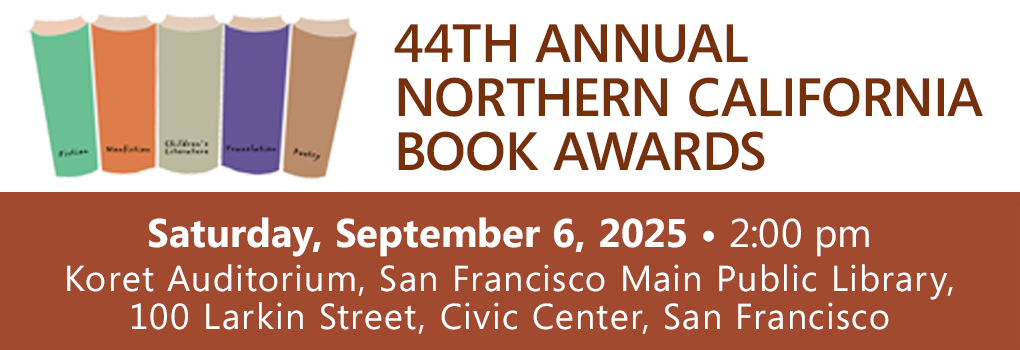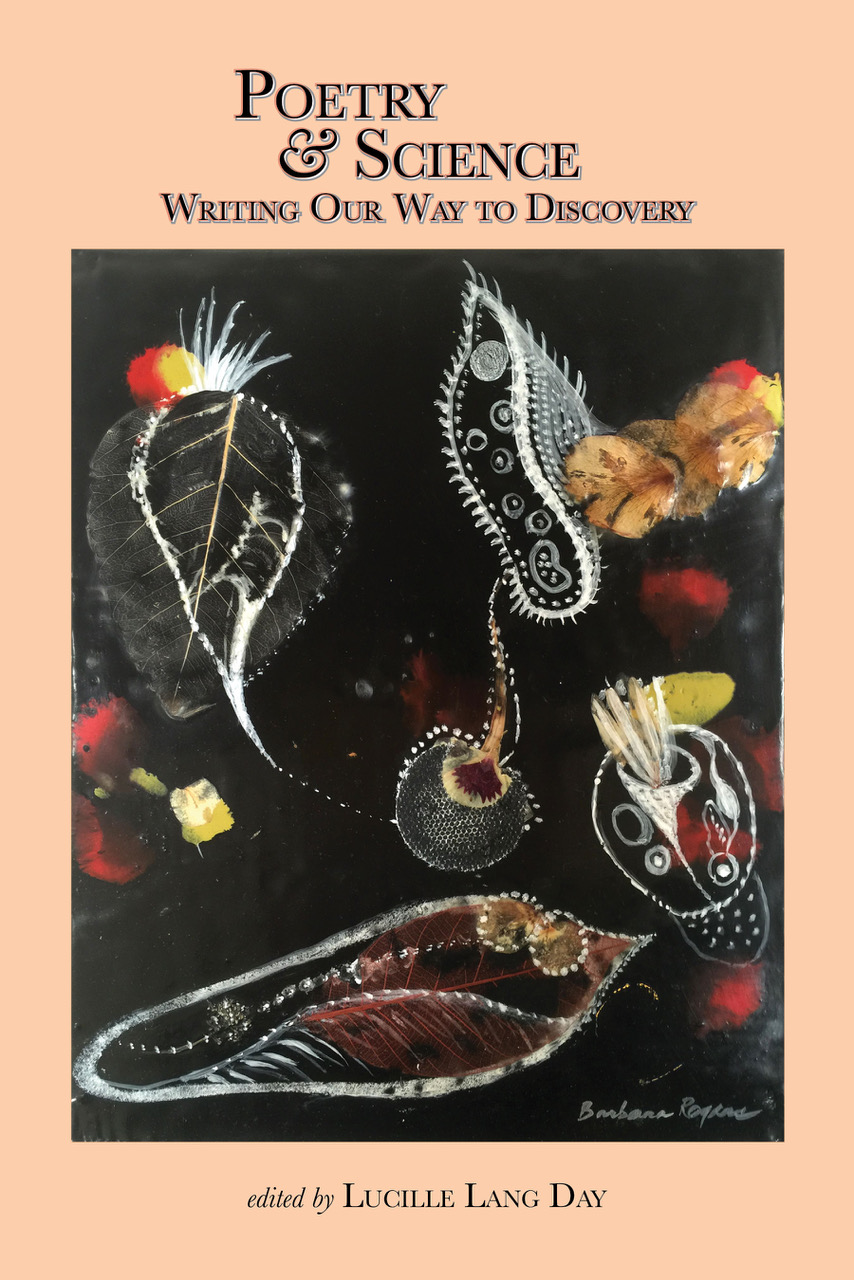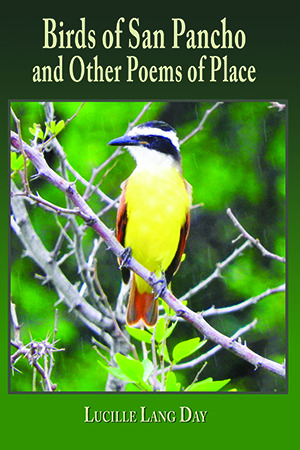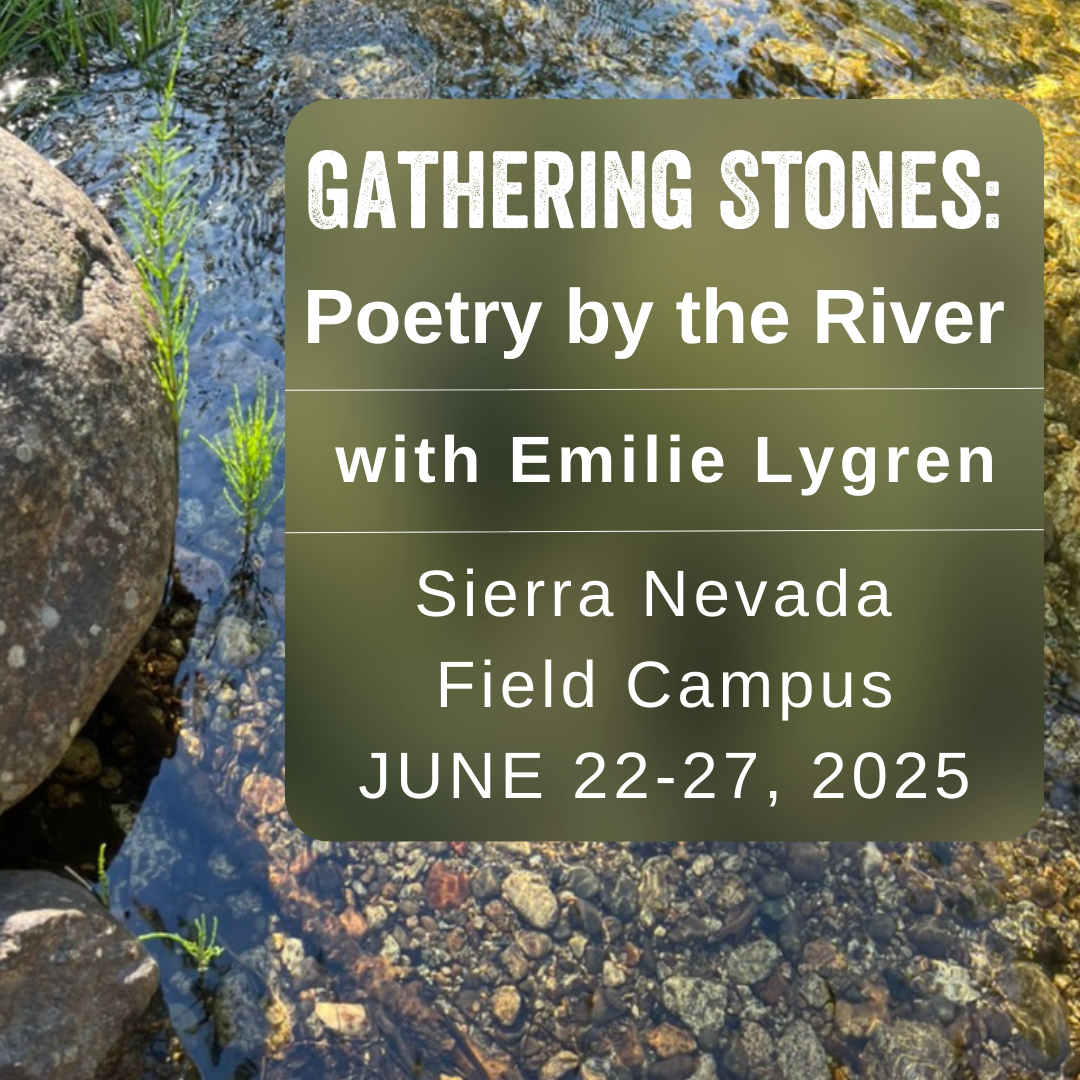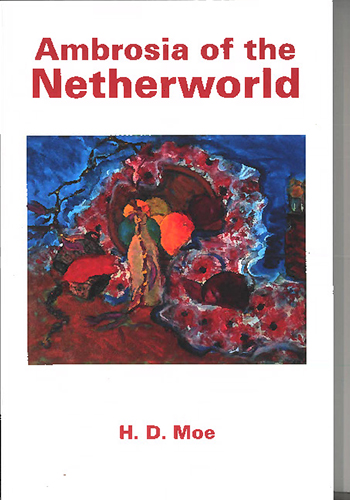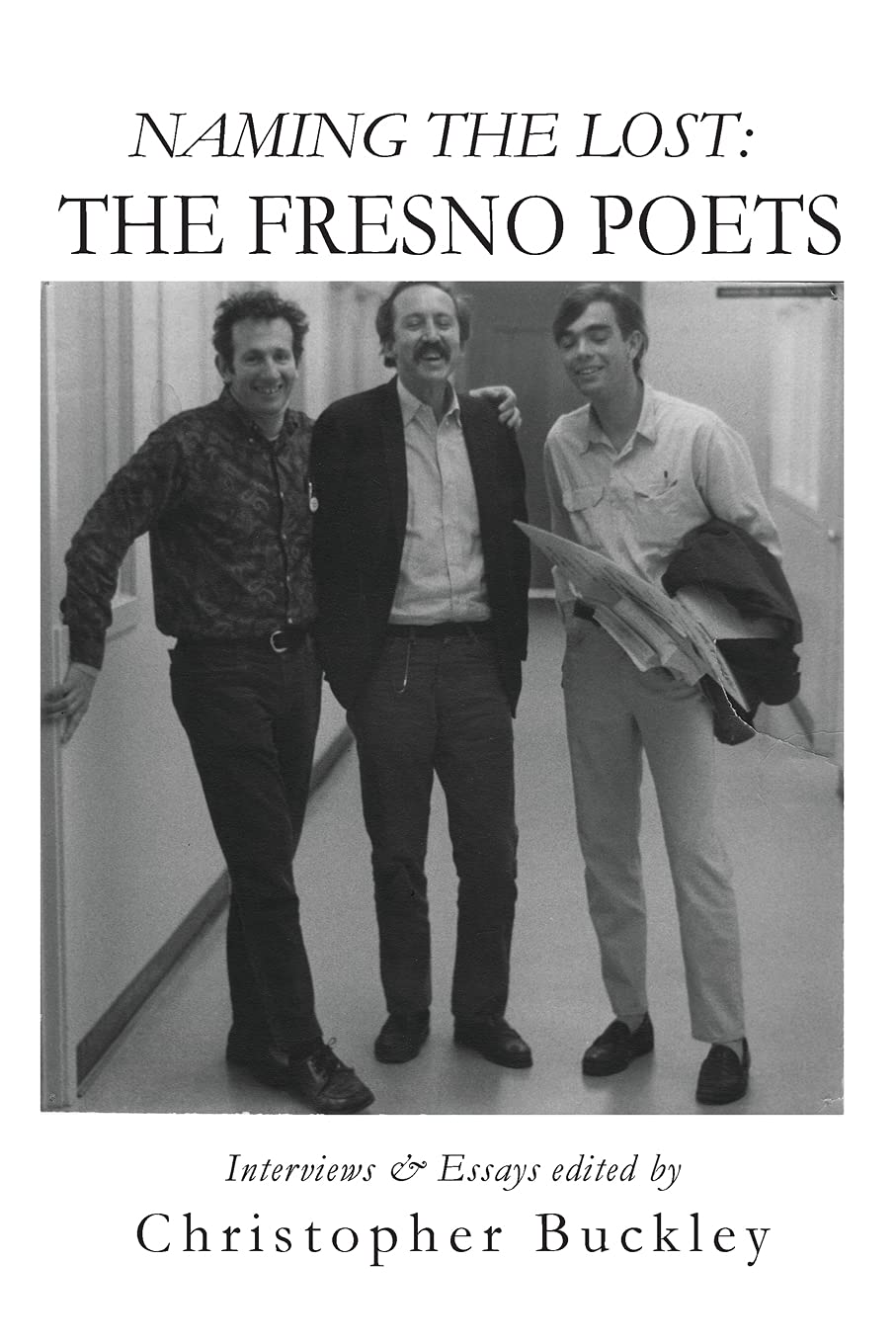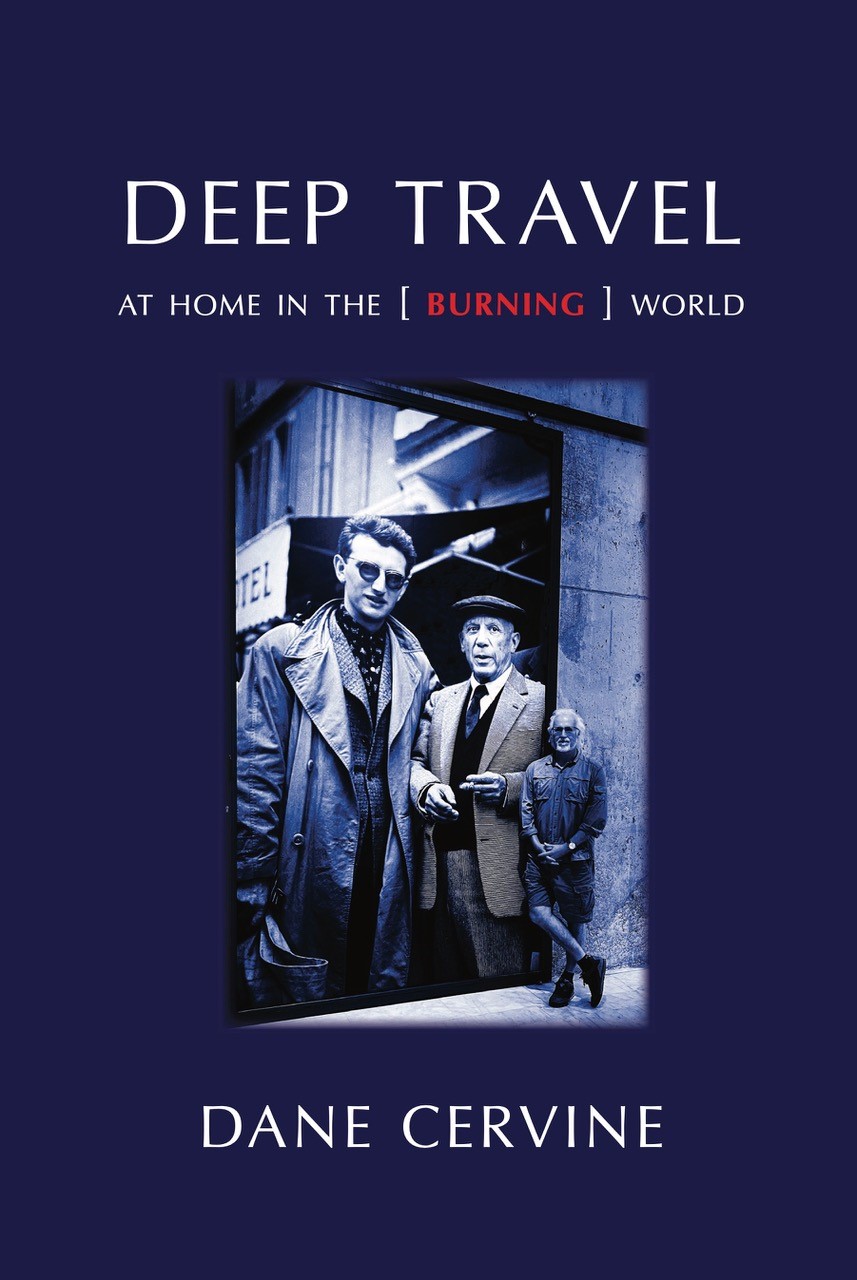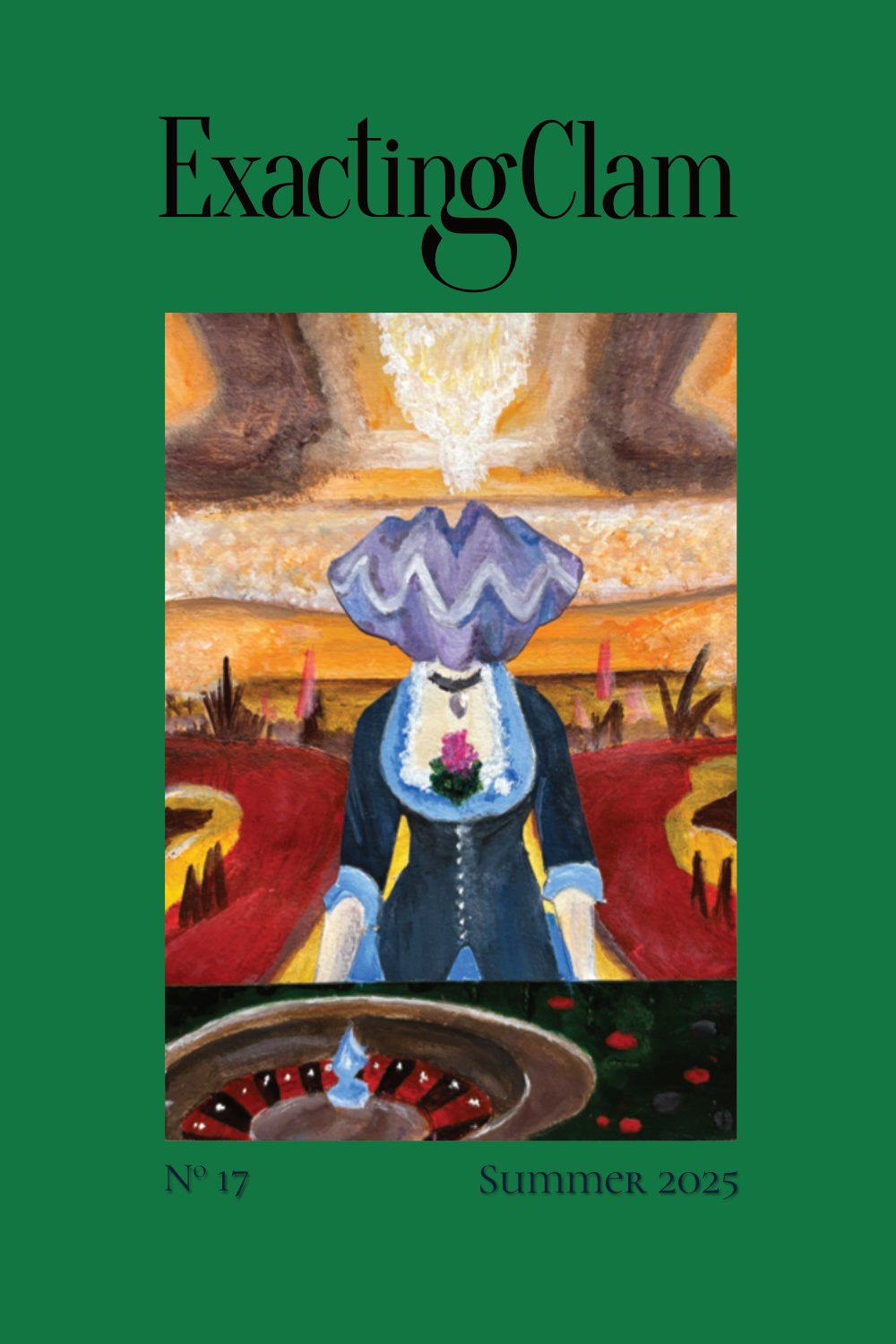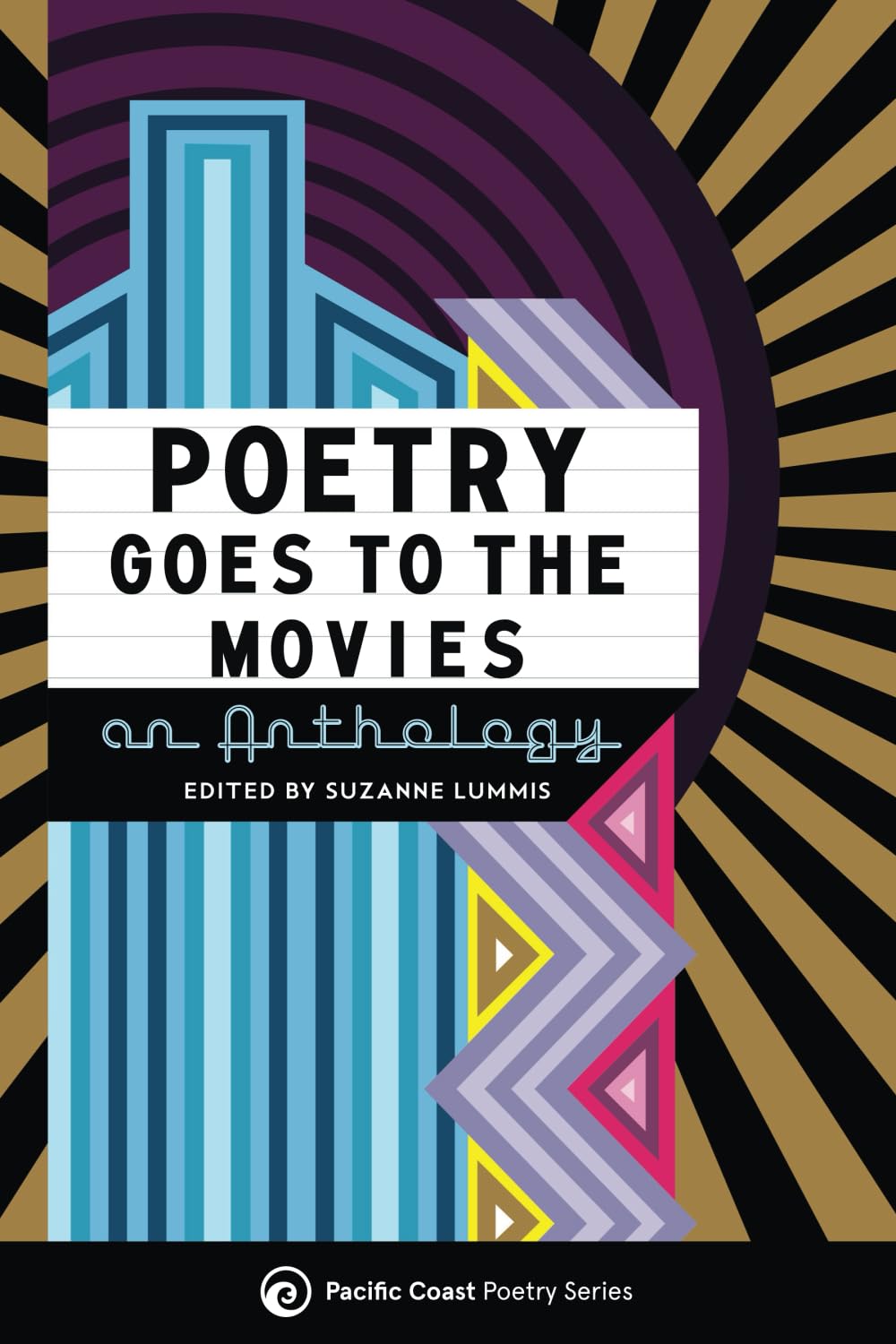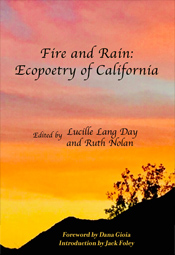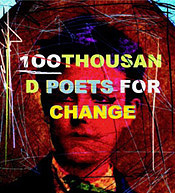
New & Noted
The King, by Rebecca Wolff, W.W. Norton, New York, 2009, 127 pages, $14.95 paper.
Trance Archive, New and Selected Poems, by Andrew Joron, City Lights, San Francisco, 2010, 107 pages, $ 14.95 paper.
Noose and Hook, by Lynn Emanuel, University of Pittsburgh Press, Pittsburgh, Pennsylvania, 2010, 62 pages, $14.95 paper.
Otherwise Elsewhere, by David Rivard, Graywolf Press, Minneapolis, 2011, 86 pages, $15.00 paper.
Horses Where the Answers Should Have Been, New and Selected Poems, by Chase Twichell, Copper Canyon Press, Port Townsend, Washington, 2010, 255 pages, $19.00.
Tone Pattern
Mothers to be on the floor
in a ring
A ring of mothers to be
unembarrassed
singing a progression.
But taking her own tail
up the ass
might interfere with the fetus.
(from "Dear E," page 34)
That cryptic small poem is the first in Rebecca Wolff's new book, her third. And it could be said to set the tone for the whole collection, hard, dispassionate, startling. The King revolves around the birth of the speaker's first child, a kind of diary in short poems. But, as you can see from the quote above, this isn't a 'baby's first steps' kind of book. The emphasis is totally on the poem, conceived as a cadencing of thought and a flat, uninflected speaking, so that they snap to entity on the page. Communication takes a back seat in that process. What, for instance, does "her own tail" mean above? That she's going through a fetal stage of her own, the one where we all have that ancestral tail for an enwombed while? And why that sexual 'taking it up the ass'? What matters is that the poem 'works' and radiates in a compressed, high-energy way its complex and conflict of pregnancy 'issues'.
Here's the ending of "His Winning Ways," about as gushing and cutesy as she gets:
He has his knees around his ears like
(contingency)
a little porn star
You kiss his feet
You must look into his eyes
as though you really knew him
(and not shy away)
You must kiss him behind the knees
(where you have never kissed another)
But even at this height of maternal intimacy the speaker's mind is cool, alien, "as though you really knew him"; she must think against her impulses, "(and not shy away)."
The King, then, is cool and prosy, but it's full of surprise. The poems lean, with many exceptions, to the miniature, the short line, but their mind is complex, busy, packs a lot of action into a short, skinny space. Here, near the book's end, is the complete "We've had our children," for me, a kind of summation:
now what do we do
with them?
I see you leading them
by the hand
a stumbling line
on a walk
down the
block to
deconstruction.
All the live long day.
Infants knock
their heads
against
an unyielding shoulder
in search of milk.
Metaphorical shoulder. Real
milk. A category
of relation
called I Hunger. I've had
my children and cannot
take that back. Buddhists call
it suffering.
Andrew Joron is at once the most absolute—in a sense not unlike the 'ablative absolute' for Latin buffs—the most a- or transpersonal, and the most visceral of experimental poets:
If there is a floor
It is a flare
too quick & too bright
to be trod upon.
Enter here
Inter here
—turn among
the torn, the Entire.
—a lexicon seems mysterious
Because it is inhabited by no one.
(Sense alone
Has many senses.)
That's the beginning of "A Hole in Translation," ten lines that take us quickly to the core of Joron's concerns. He's fascinated with language in itself, labyrinth of mirrors; so the "lexicon" couplet, a language, a poetry spoken by "no one."
A
bout before. A forced first defines difference.
B
one.
C
saw.
D
light.
(Beginning of the abecedarian "Absolute Black Continuum," first poem in the book.)
He's fascinated with puns—the "Sense alone" couplet, where "alone" is a pun, yielding also its 'absolute' meaning. These lines, obviously, are strewn, torn, turned in puns, as if under Joron's pressure the language fails, breaks into its "many senses" like the fission or fusion of atoms.
He's fascinated, too, with the creative tension and power of negativity, as when in mathematics negative times negative yields positive. Consider "A Hole in Translation."
As life is alien to the Earth, so language is alien to life. Between
them, there can be no resemblance: each one is the mortal remains of
the other.…
(from "Event Horizon")
Joron's fascinations have itched and procreated through a poetic career, which Trance Archive celebrates. They are fascinating, entrancing. Which brings me to why, first and last, I'm drawn to his work, its power, removed and yet, as I've said, visceral. Let's end with the opening of "Confessional," less illustrative of any of the above than a straightahead surrealism, brazen as the bell of a horn. Since, though, we're tuned to the polysemous, it's interesting to think of this poem's title in relation to 'confessional poetry':
Where the spires of the mirror-Prague
Point downward to the Earth's core
I have watched pneuma, spirit-pale
Pour out of the ear
of a sleeping man
That man was I, carcerated
In a crystal of medieval Winter
I have lain in reverse agony
along the fracture-plains
Of the calm & necessary voice
The "I" in these lines is no one.
Dear Diary, here in New York City,
the snow descends. The days go on forever,
Hash made my mind from my fingertips stream out.
My brain was tapped, under surveillance
by the eyes of the traffic lights jewelling the foreheads of the avenues.
Inside my red dress I was a sunset.
I lingered and blinked in the gold windows of NEW WORLD FETISH
at the nun in her rubber habit.
I tried on her wimple of lurid beauty and it fit.
(page 42)
Lynn Emanuel is a miracle of fluidity. She moves from mind to page to world, from mainstream to experimental, from literal to figurative, all in a twinkling; quantum poet, she's potentially everywhere at once.
Noose and Hook, her fourth book of poems, following on her third, Then, Suddenly—, a breakthrough collection, in her own writing and in no small degree for American poetics, is noir, as in the quote above, ironic and darkly humorous. It's divided into three sections. The second, "The Mongrelogues," a series of dramatic monologues by "dogg's, weirdly spelled in a manner suggestive perhaps of Chaucerian English or the old comic strip "Krazy Kat," depicts, of course, 'a dog's life', and strongly suggests that that life is our own. Here's a taste of it:
The court askt,
wuz i guiltee uf "Indigence?
Derangement? Identitee? Gender?"
Wuz i "in the abstract or particular,
A bitch? A witch? A lush?"
R yew now or haf yew been
"Medicated? Evicted? Wasted?"
Wuz i Mexican?
Engleash speaker?
guiltee uf pessimism
in regards to the
alfabet?
(from "Hang Dogg")
I, it must be said, am picking these quotes, but it's interesting how this dog on trial chimes, rhymes with the "surveillance" from the opening quote. The world of this book is dingy, unpredictable, menacing, and mysterious.
My favorite section of Noose and Hook, though, is the third—from which, in fact, the opening quote comes—but there are passages in this third section where Emanuel just sails in her distinctive quantum poetical, theoretical way. Here she's riffing on the 'I' in poetry:
…like Stein I tried to bleed the bloody paragraph to death, killed the semicolon with the machete of my wit, tried to censor and edit, rewrite and emend me, my belief in lifeblood, marrow, core, and fiber; tried to swap my DNA at the DNA supermarket I read about in Philip K. Dick. So what is I still doing here? Why is I having to keep its eye peeled? Its eye on the ball?
(page 45)
And in this passage she's just riffing:
Hello, Mallarmé,
And adieu, Walt Whitman.
Whitman, I fell in love with capitalism
because of your commas
in lines that cannot decide
if they are crowbars for rending and tearing or sutures for holding the wound together.
Your nouns are many and alive.
But tonight my tongue is silent
asleep and wet—
fish piled on the dock.
(page 43)
David Rivard is a kind of a speed demon; his poems often move with an awesome velocity, as here in the title poem, first in his new book:
Otherwise elsewhere—someone somewhere other than here—
the stable-hand for an equestrian team or the bodhisattva
stretched out by the river or the sleepwalking knife-thrower,
the dubious bridegroom or the dental hygienist or steamfitter—
otherwise, the contented singer of karaoke–otherwise that
whoreson of the adamantine, an anti-semite with a pyramid scheme,
the small town doctor with TB—elsewise, in a soaking tub,
a tenured gnostic or a tan Micawber; elsewise, Joey "Crazy Joe" Gallo
in Umberto's clam bar; or in Berlin, at the Atelier Jacobi,
Lotte Jacobi…
And so on. There's a clipped, wiseguy rightness to each of those named individuals or human categories. And Rivard has the associated ability to call up details and experiences in his writing that bring us with total conviction to the lived center of the poem:
The pressure-treated pinewood the picnic table is built from
might as well have marched around at Dunsinane as to be
born again & shipped abroad. "There's nothing," the clerk
at the big-box had said, "nothing as rot-resistant, & nothing
as sturdy for the money." So onward we came only to arrive here
as fiercely soft-spoken as all adults handed white wine & beers
and seated on long benches below the window of a napping
nine-month old.…
(from "Hidden")
How electrically we're placed and primed, like pointer dogs, for the poem's subsequent flight. How witty, concise, and packed that opening is.
But all his speed and wingdingery would be no more than sly tricks if it weren't for the spiritual focus that makes these poems matter. Rivard's writing tells me that he lives fully and values the sweet weight of life as it presses past:
Like hearing for the first time a blind preacher or waking
in a Gros Vent campground south of Jenny Lake,
the best happiness is always accidental,—& why not?
I was going to say something about boundlessness
back there (or was it getting gassed I meant?), but that
isn't it exactly either. Tho it is pretty close. Close
enough. And real. Real enough, & sure. God it felt good
to heat water on a primus stove while yawning
and to wash my face in cold Gros Vent & love Michaela.
(from "Plural Happiness")
His writing speaks of a mind at home in its own depths yet able to feather out around the curve of the earth, a mind able to sift all that and find in it the likenesses and paradox, the sudden combustions of poetry:
On the other hand, believing in God's powers but not
in his existence may have had some drawbacks, feelings of being
stranded say; either gone deep into the brine
of my being my self & solitary
lost inside my mind in the invariable infinity of variant neurons,
or forced to inhabit a planet
with frequent, inexplicable (or all too explicable) episodes of cruelty—
insert here, at the moment, the wrath of the janjaweed
in Hashaba Wasit, or elsewhere sweatshops
approved of by theorists of economic development & efficiency
but staffed 15 hours a day by women who
(like my great-aunt Anna Mello) will probably end up with wrists swollen
to twice their size, necks bent
by bad light & balky sewing machines—
as in the long view it often seems one
unwavering orbit of infected geese, cold refugees, & insurgents
traveling from here to here.
What I mean to say is that God has abandoned both us & his powers—
he's given them up, & they hurtle around inside us.
(from "Powers")
A starling rasps from his white precinct.
Far back in the woods, the snow is falling again,
perhaps into your life. The wind returns
to chisel its drifts and ribbing.
Forgive the rounded burdens of the branches.
They do not suffer, suffused in this light.
They are not sorrows,
though that is the meaning we give them.
Chase Twichell slows us back down again, to a more meditative pace, to a careful sifting and touching. That's the ending of "Snow Light" from her earliest book, Northern Spy, 1981. Already here we can see her working at concerns that become more evident in her later books, the separation of mind from the thingness of things, of words from their referents. Here she is beginning "Work Libido," from her 2005 book Dog Language:
The year I turned fourteen,
Grandma taught me five-card stud
and took my allowance for the week.
In casinos I usually play blackjack.
I like the speed and scale,
companion strangers fingering their chips,
and the background ruckus of slots
and cybersounds, coins
cascading into man-sized Dixie cups.
Each sentience is brief, is it not?
Therefore I'm trying to record whatever
I can of the instantly squandered present
so I can say in stone-plain words
what sentience is.
Rules: Tell the truth. No decoration. Remember death.
Her mind is working apart from its language, trying to observe itself from inside, to see through and around itself. Twichell is a student of Zen Buddhism, as many of these poems tell us, this one included. But apart from any inferred teachings or practice, the poem shows off her quiet humor, Grandma ripping off her allowance; her unforced intimacy, the honesty she's speaking of; and the way she loves these "stone-plain" words in a line like "cascading into man-sized Dixie cups."
Twichell is a poet of great charm and continuous interest. This is the ending of "The Dark Rides," exploring childhood dangers and thrills:
She longs to know whatever it is
she keeps herself from knowing. Or rather,
the knowledge comes to her but she loses it
again among the small herd of centaurs
she keeps on her desk, of which only one
is female—bronze, late nineteenth century,
grapevine crown, anatomy explicit (though tiny).
The horse's maneless neck becomes
the maiden's torso, the two bodies one.
You have to fuck the horse to fuck the girl.
This is the ending of one of her new poems, one of the last in the book:
Then a question arose in me:
What language does the mind
speak before thinking, before
thinking gives birth to words?
I tried to write without embellishment,
to tell no lies while keeping death in mind.
To write what was still unthought-about.
Stripped to their thinnest selves,
words turn transparent, to windows
through which I sometimes glimpse
what's just beyond them.
There, a tiny flash—did you see it?
There it is again!
(from "How Zen Ruins Poets")
Richard Silberg is associate editor of Poetry Flash. His most recent book of poems is Deconstruction of the Blues. He won the Northern California Book Award in Translation for his co-translation of Korean poet Ko Un's The Three Way Tavern.Poetry Flash Workshop, The Dialogue of Poetry; the next ten-week session begins October 12, 2011.




